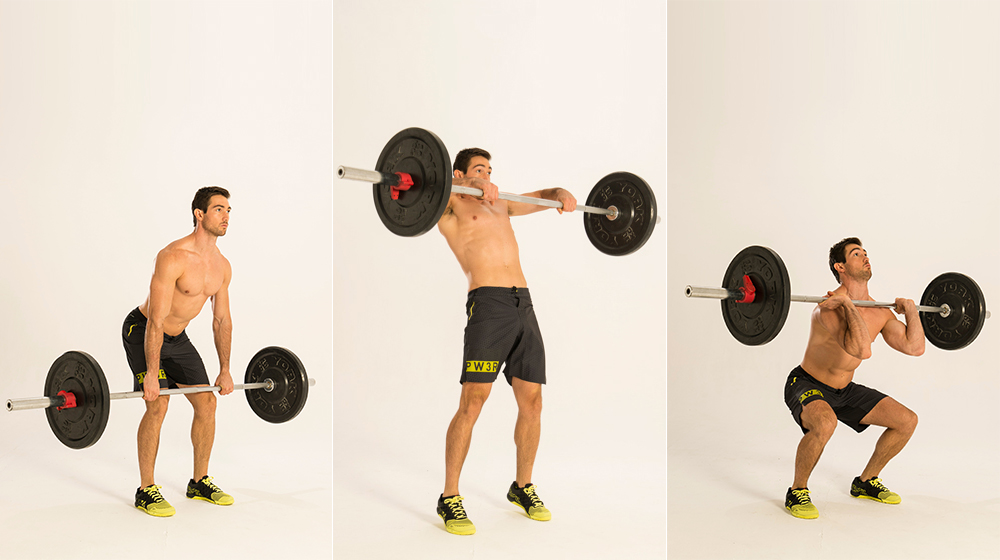Every athlete knows that injury is an inevitable part of sports. A retrospective data analysis on Canadian athletes revealed that the soccer players are most likely to incur an injury on an annual basis. Moreover, 30 percent of all such sports injuries are categorized as bone fractures.
What is the effect of injury on an athlete?
The magnitude or intensity of an injury is usually inconsequential to an athlete because almost all injuries yield the same effects. Firstly, an injury can take them out of training sessions for an indefinite period of time. This means that a lot of the strength, energy and flexibility that they have built up over time, is going to be quickly lost as they recuperate.
Regimented workout and training programs are a significant part of an athlete’s life. With the loss of physical dexterity, injured athletes not only lose strength and mobility but their self-esteem and motivation can also be effected. Athletes may no longer be able to reap the psychological benefits of exercise, such as autonomy, sense of mastery and the ability to cope with stress.
Stress can pile onto an injured athlete and trigger a variety of unusual behavioural and emotional responses. Some might remain fixated on the length of time they will be out of the sport; others might feel like they will never be back to their original form. Just like how everyone is different, athletes can cope with an injury in a multitude of ways. Here is a list of a handful of emotions that are commonly cited with injured sports persons/athletes:
- Tension
- Fear
- Anger
- Fatigue
- Anxiety
- Low motivation
- Irritation
Athletes who are unable to cope with the apparent negative effects of an injury are usually unable to adjust to their injuries and risk jeopardizing the healing process.
How can sports psychology help?
Athletes who are able to cope with their injury effectively are able to recover faster. In fact, research indicates that injured athletes that harbour negative emotions during their healing process tend to affect their recovery negatively.
A sports psychologist doesn’t only help athletes recover from an injury; they also help improve their long-term performance. This is because the sports psychologist or therapist is able to provide athletes with tools like stress management and relaxation techniques to help them cope with the pressures of competition.
Many psychologists use techniques like imagery, self-talk and goal-setting to instil the fighting spirit back into recovering athletes. Moreover, they educate them about their injury and keep their expectations levelled with the ups and downs of the sporting life.
Sports and Exercise Medicine Institute is a sports medicine clinic based in the greater Toronto area. We offer a variety of sports medicine services such as concussion management programs, pelvic physiotherapy and PRP injections.
To receive treatment or receive consultation, book an appointment at one of our clinics in Thornhill, St. Claire or Sheppard.






